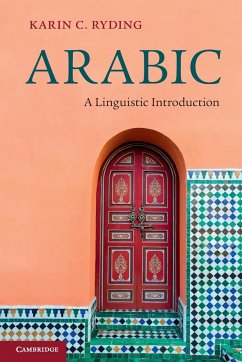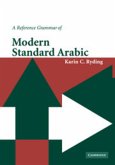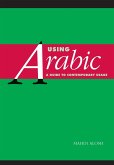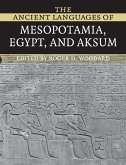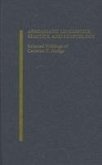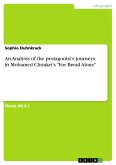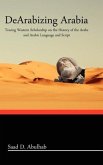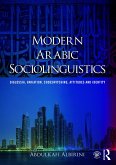This lively introduction to the linguistics of Arabic provides students with a concise overview of the language's structure and its various components: its phonology, morphology and syntax. Through exercises, discussion points and assignments built into every chapter, the book presents the Arabic language in vivid and engaging terms, encouraging students to grasp the complexity of its linguistic situation. It presents key linguistic concepts and theories related to Arabic in a coherent way, helping to build students' analytical and critical skills. Key features: - Study questions, exercises, and discussion topics in every chapter encourage students to engage with the material and undertake specific assignments - Suggestions for further reading in every chapter allow readers to engage in more extensive research on relevant topics - Technical terminology is explained in a helpful glossary
'This highly accessible book serves two constituencies: Arabists who wish to learn the basics of linguistic theory and how it applies to Arabic, and linguists who wish to learn the basics of Arabic and how it fits into linguistic theory. This double task is performed with great clarity and economy. Karin C. Ryding deserves our thanks for filling this gap in the study of Arabic. Her book will appeal to a wide readership and will be required reading for generations of students.' Yasir Suleiman, His Majesty Sultan Qaboos Bin Sa'id Professor of Modern Arabic Studies, University of Cambridge

